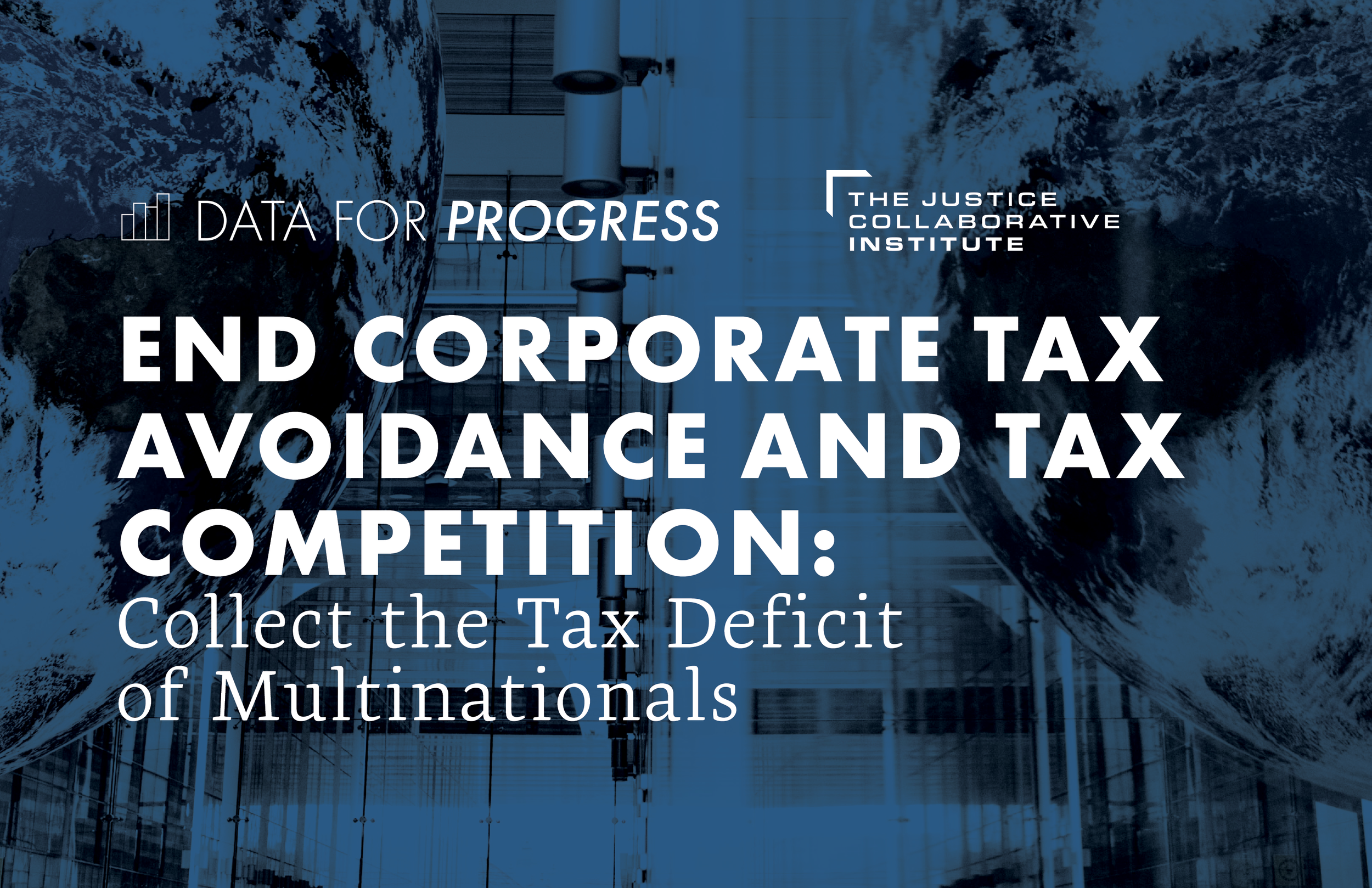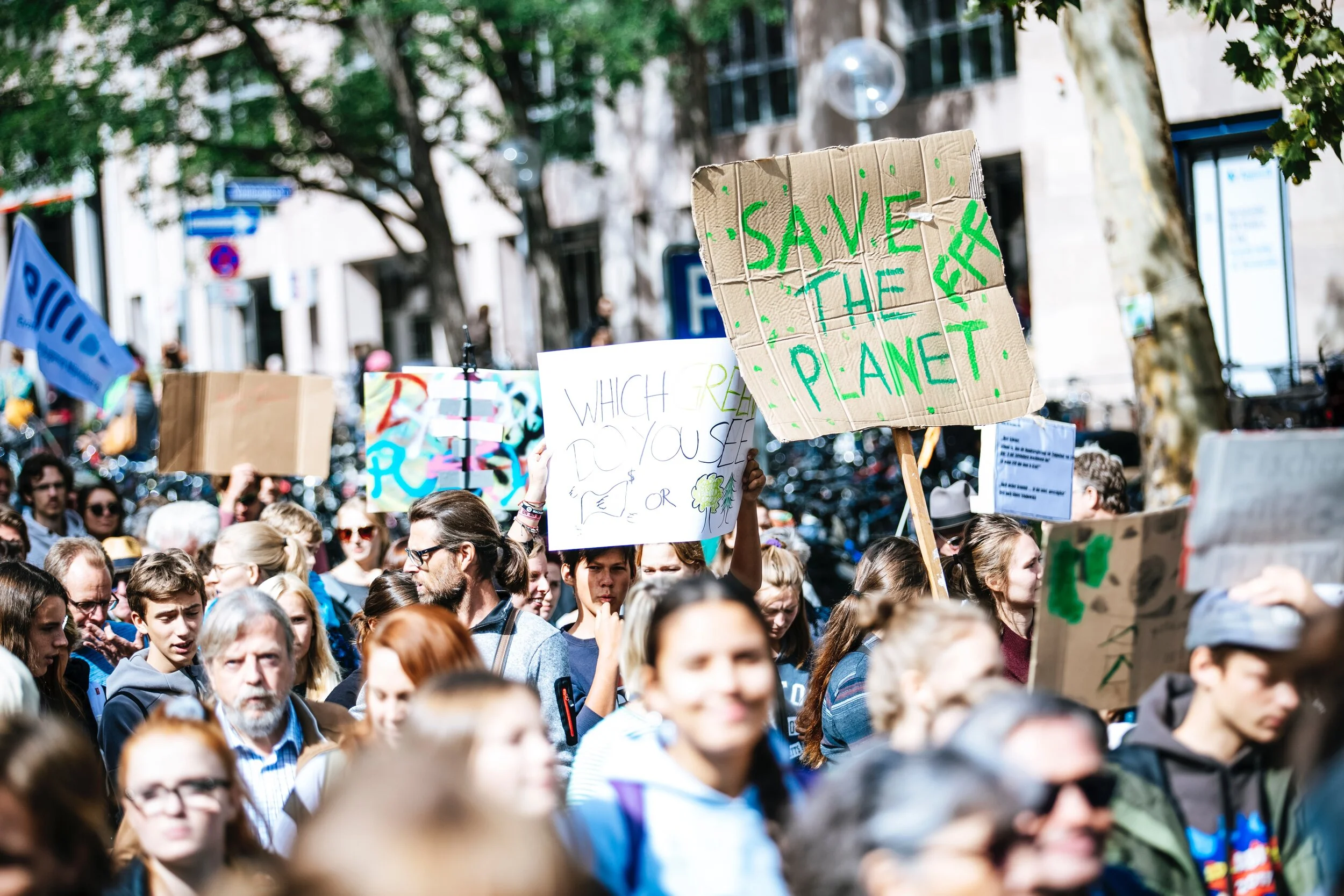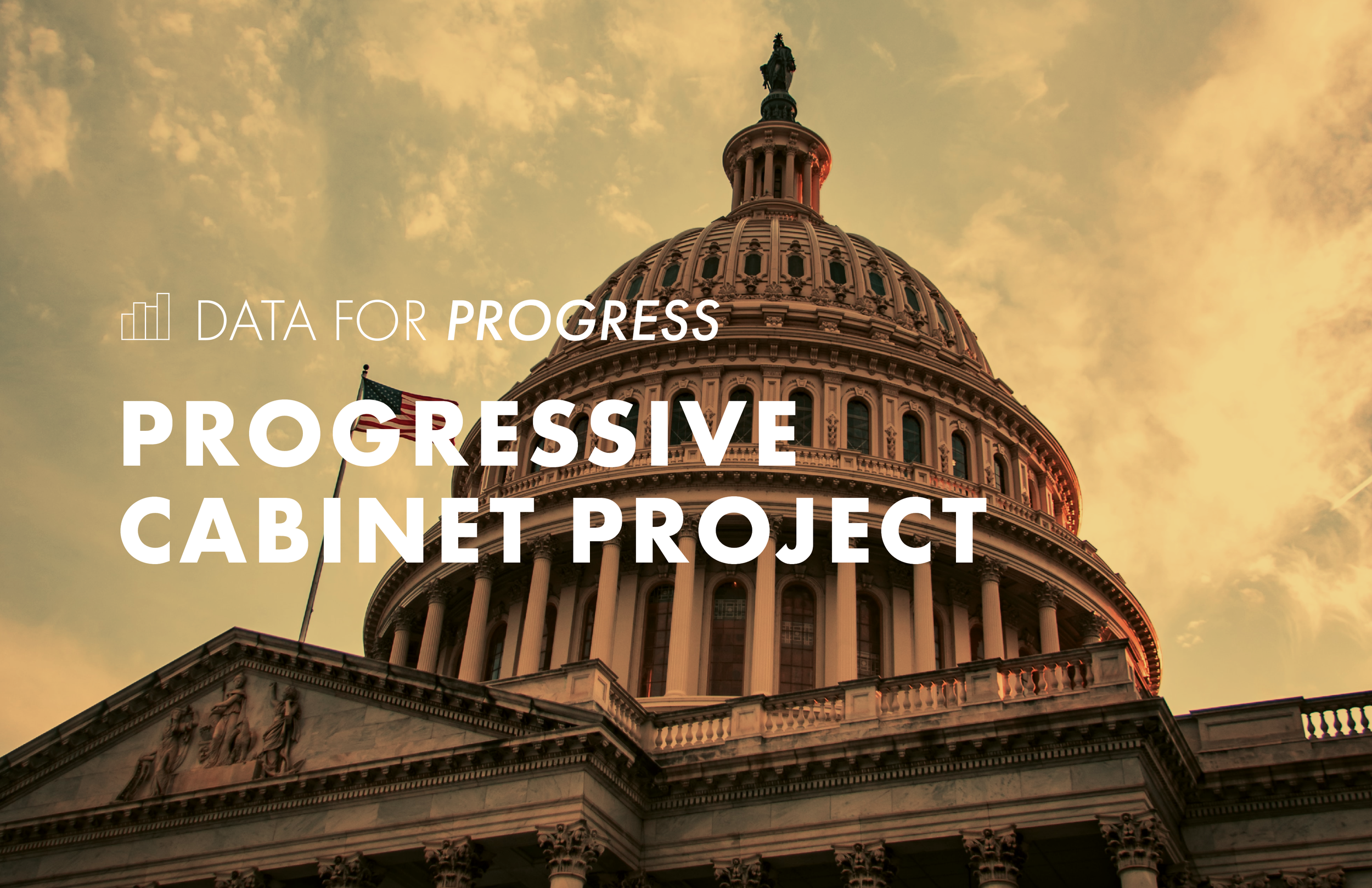Memo: End Corporate Tax Avoidance and Tax Competition - Collect the Tax Deficit of Multinationals
By Kimberly Clausing Reed College—Department of Economics; UCLA School of Law, Emmanuel Saez University of California, Berkeley, and Gabriel Zucman University of California, Berkeley—Department of Economics
Executive Summary
In recent decades, governments have steadily lowered corporate tax rates in an attempt to gain jobs, investment, and tax base at the expense of other countries. Between 1985 and 2020, across the world, the average corporate tax rate fell from 49% to 23%. In the United States, the average effective tax rate on corporate profits has fallen from close to 50% in the 1950s to 17% in 2018.
These dynamics cause workers to shoulder more of the tax burden associated with funding governments, even as economic changes in recent decades have brought declining labor shares of income (the share of GDP that is paid in wages) and large increases in income inequality. Unfortunately, instead of seeking to counter such trends, tax systems have too often worked to turbocharge the inequalities associated with our modern economy.
Further, international tax avoidance has also become a pressing problem. Corporate tax avoidance costs the United States government about $100 billion a year in lost tax revenue; these revenues could be a vital source of funding for many urgent priorities such as education, healthcare, infrastructure, or investments toward climate change mitigation.
We propose ending this race to the bottom in corporate taxation through a negotiated system of coordinated minimum taxation. Such negotiation takes time, but in the meantime, unilateral adoption of minimum taxes by large countries can help protect the corporate tax bases of both adopting and non-adopting countries. We also suggest steps for responding to non-adopting countries. (For additional detail, please see our full working paper.)





